Time Periods
Paleolithic
Mesolithic
Neolithic
Chalcolithic
Bronze Age
Iron Age
Classical Period
Post-Classical Period
Early Modern Period
Industrial Period
Contemporary Period
Time Periods
Paleolithic
Mesolithic
Neolithic
Chalcolithic
Bronze Age
Iron Age
Classical Period
Post-Classical Period
Early Modern Period
Industrial Period
Contemporary Period
Location
About
Godin Tepe is an archaeologically significant site located in the Kangavar valley of western Iran. It functioned as an essential trading outpost within early Mesopotamian trade networks. The site boasts a deep stratigraphy that reveals a chronological history from the Early Chalcolithic to the Iron Age, with evidence of habitation as early as 5200 BCE. Notable findings include trading networks from the Terminal Ubaid period, influences from the Uruk culture, and connections with the Elamite confederacy. Godin Tepe's archaeological richness is further highlighted by discoveries such as early wine and beer production, Kura-Araxes pottery, and a fortified structure from the Mede period. Its diverse cultural influences and strategic trading importance underscore its significance in ancient Near Eastern history.
Gallery
Explore photographs of ancient structures, artifacts, and archaeological excavations at Godin Tepe
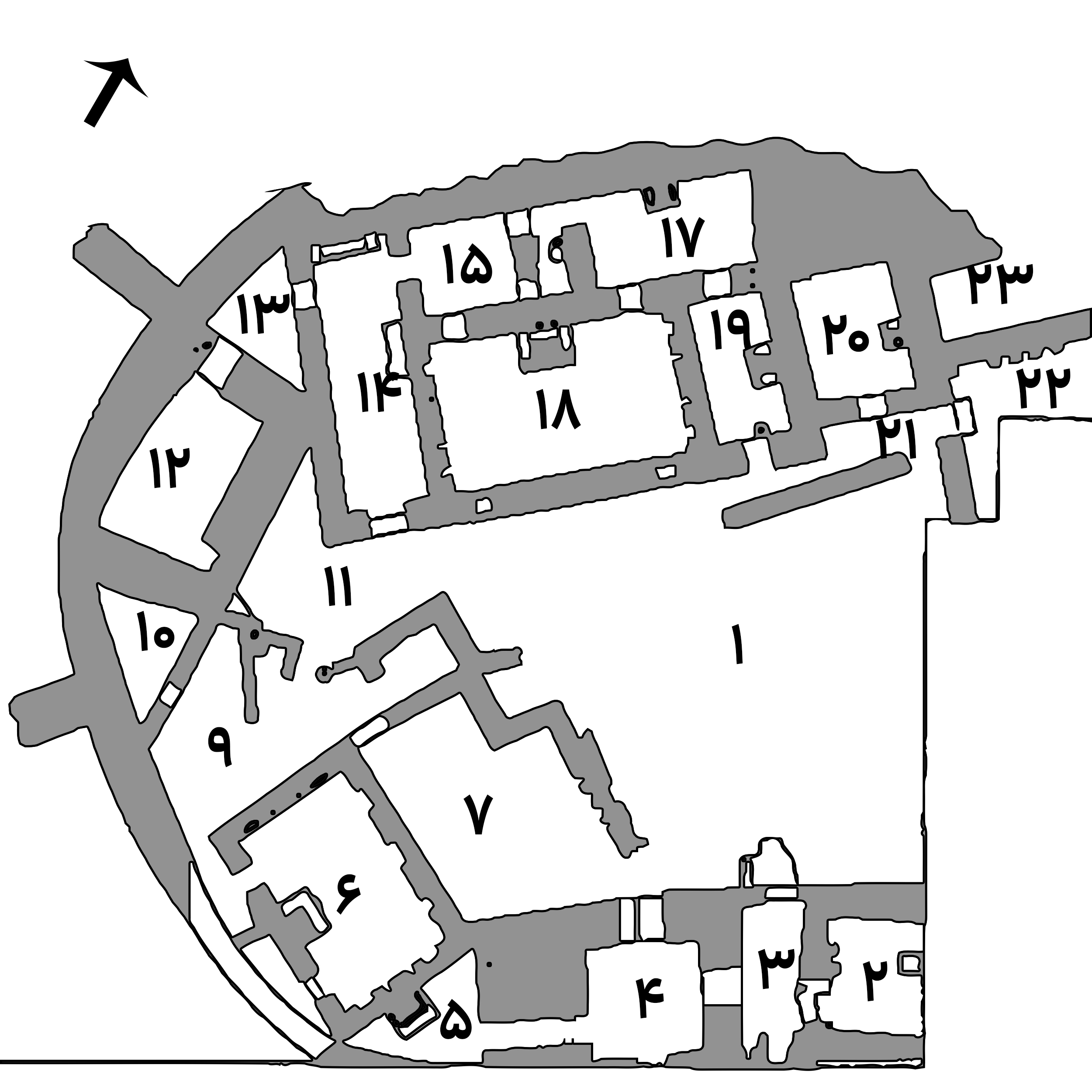
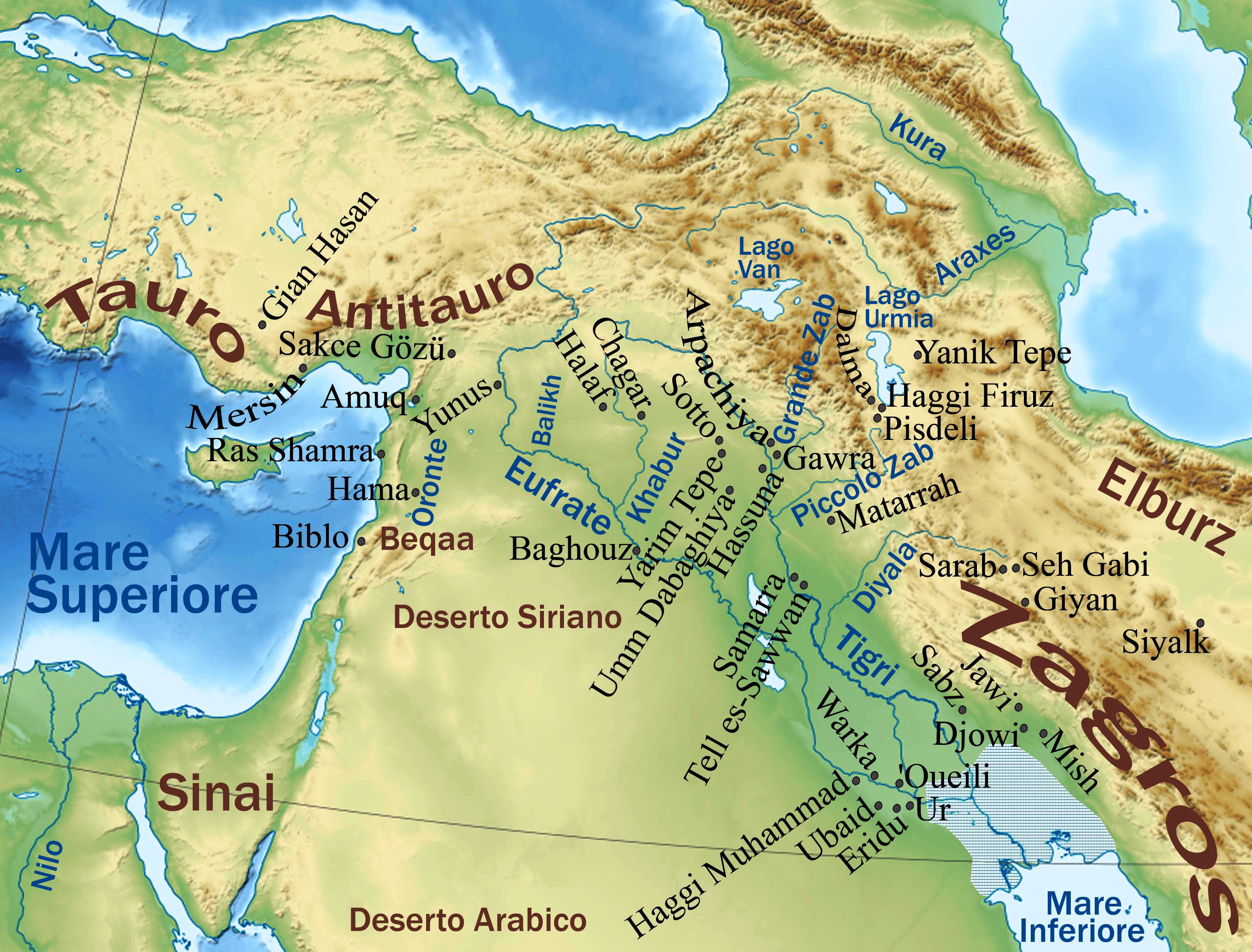
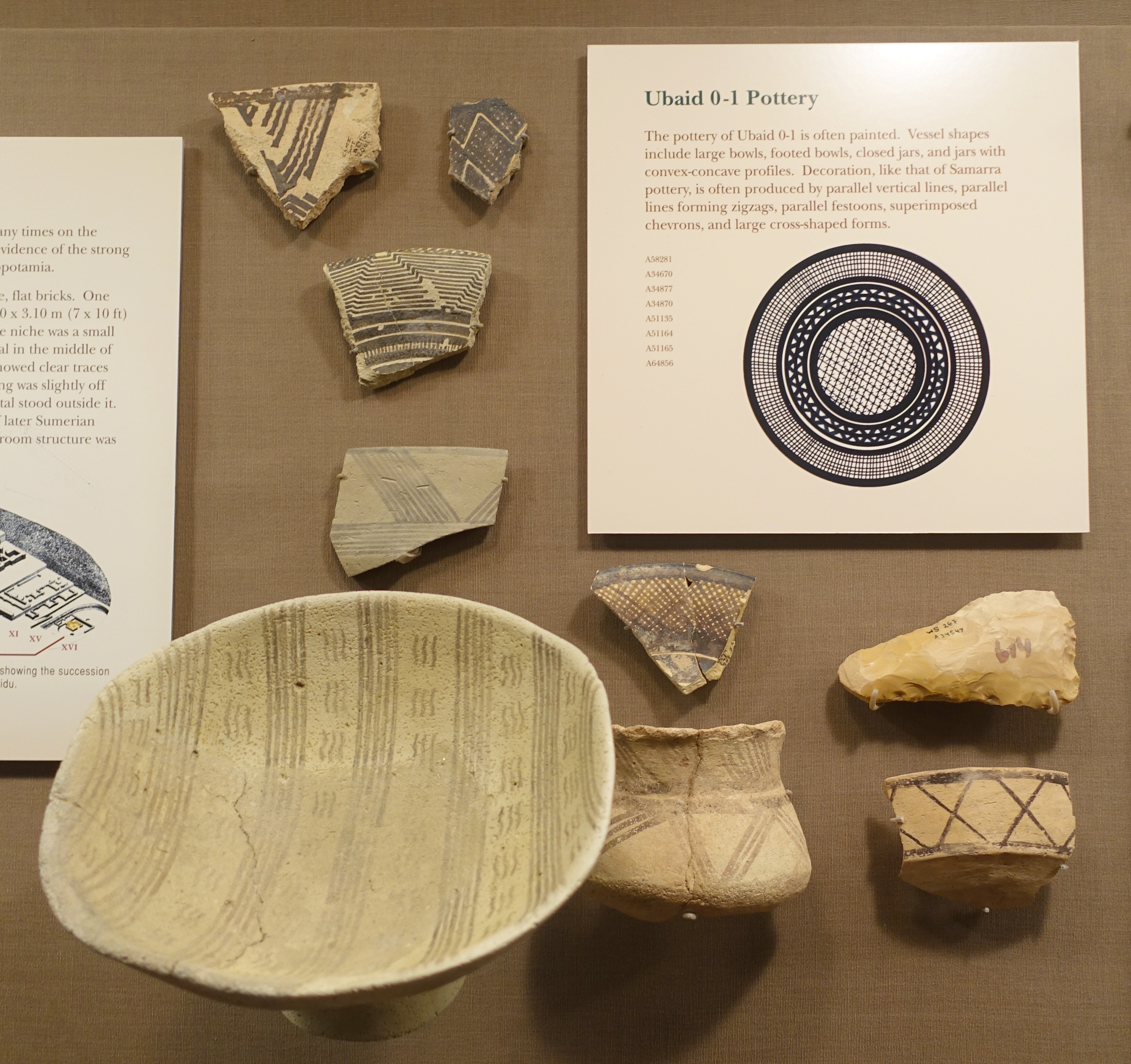
Archaeological Features
Explore the unique architectural and cultural elements found at this historical site
Storage Structures
Miscellaneous Features
Industrial and Craft Structures
Religious and Ritual Structures
Artistic and Decorative Features
Domestic and Habitation Structures
Food Production and Processing Features
Historical Timeline
Journey through time and discover key events in this site's archaeological history
Plan Your Visit
Details
- Country
- Iran
- Source
- Wikipedia
More Sites in Iran
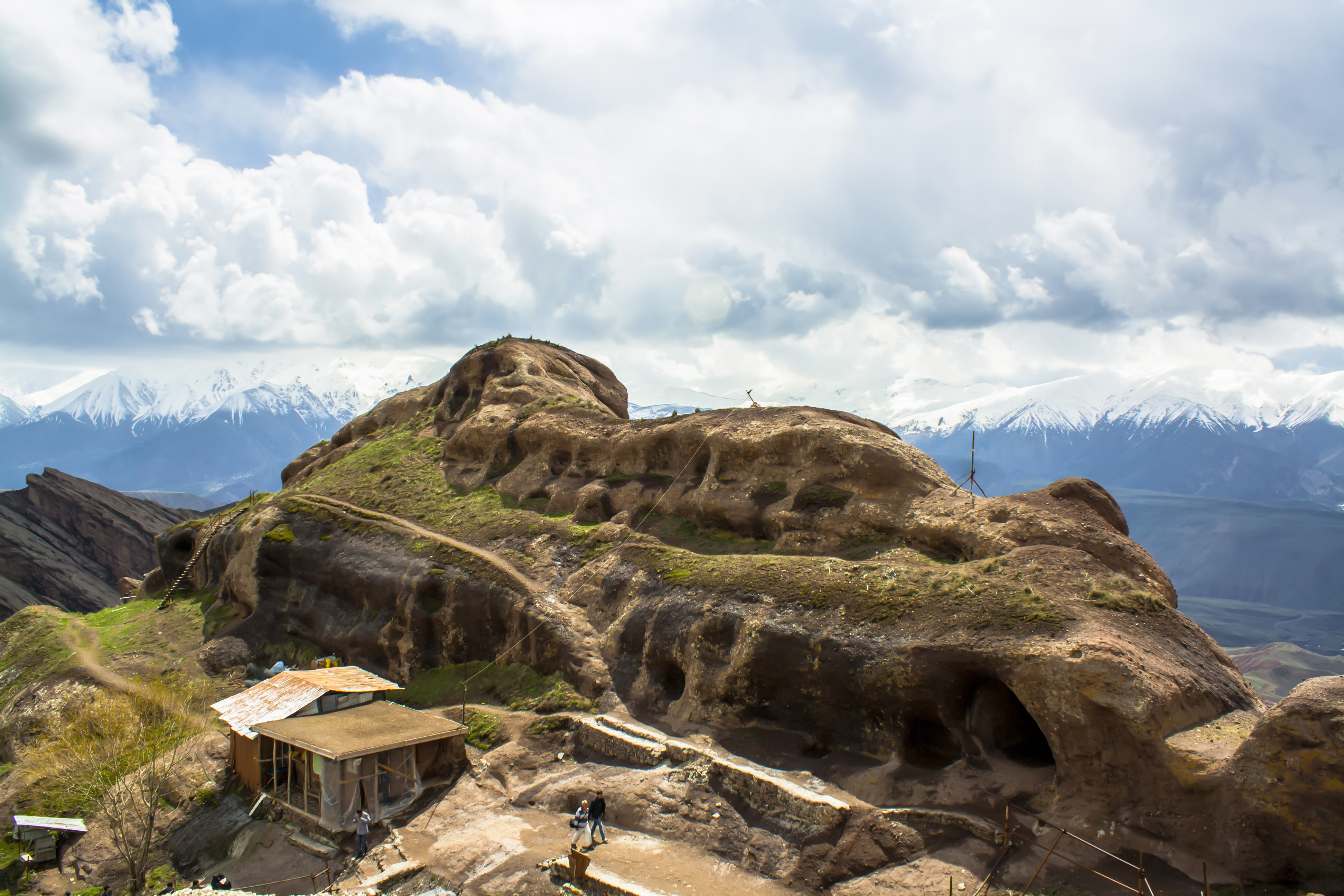
Tepe Sialk
Ancient multi-phase mound in central Iran
Banesh
Early cultural phase site in Iran
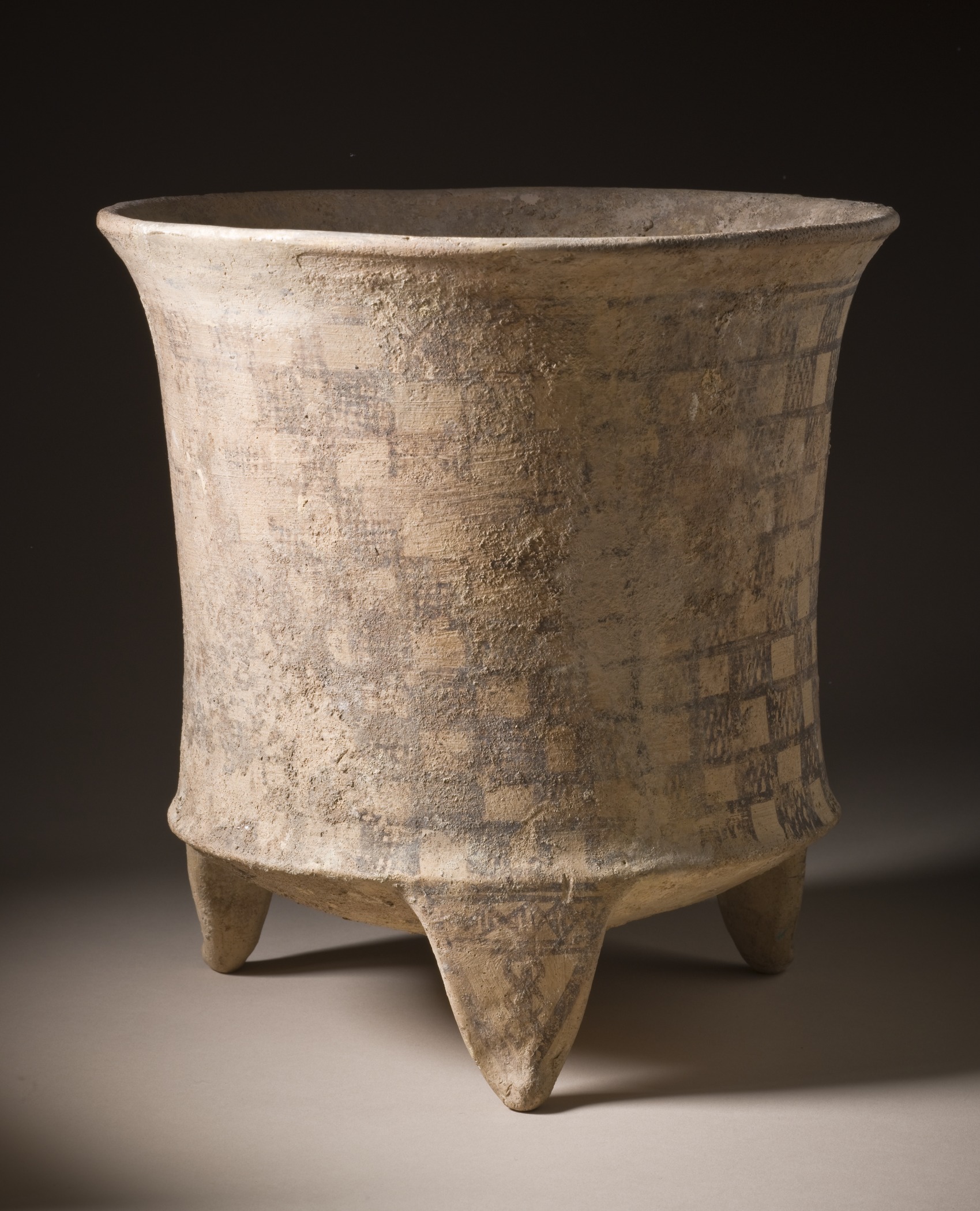
Tepe Giyan
Necropolis with distinctive pottery in Iran.
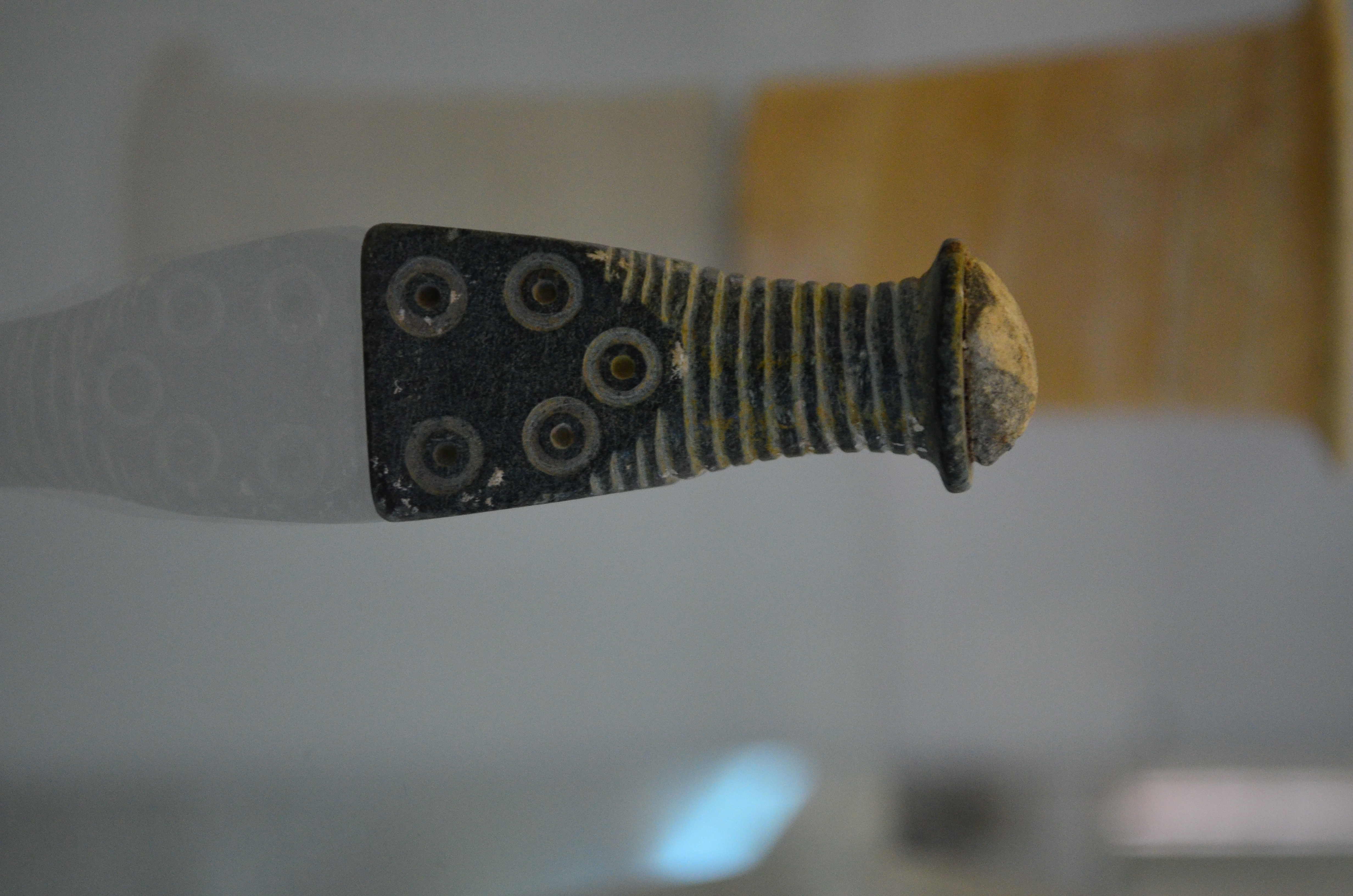
Tepe Yahya
Circular mound with Proto-Elamite occupation
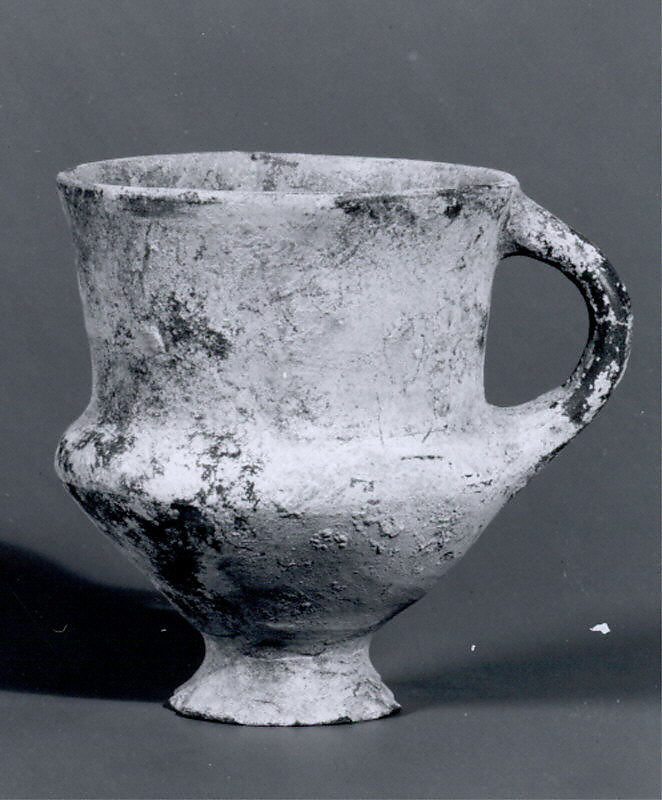
Teppe Hasanlu
Ancient city with well-preserved ruins
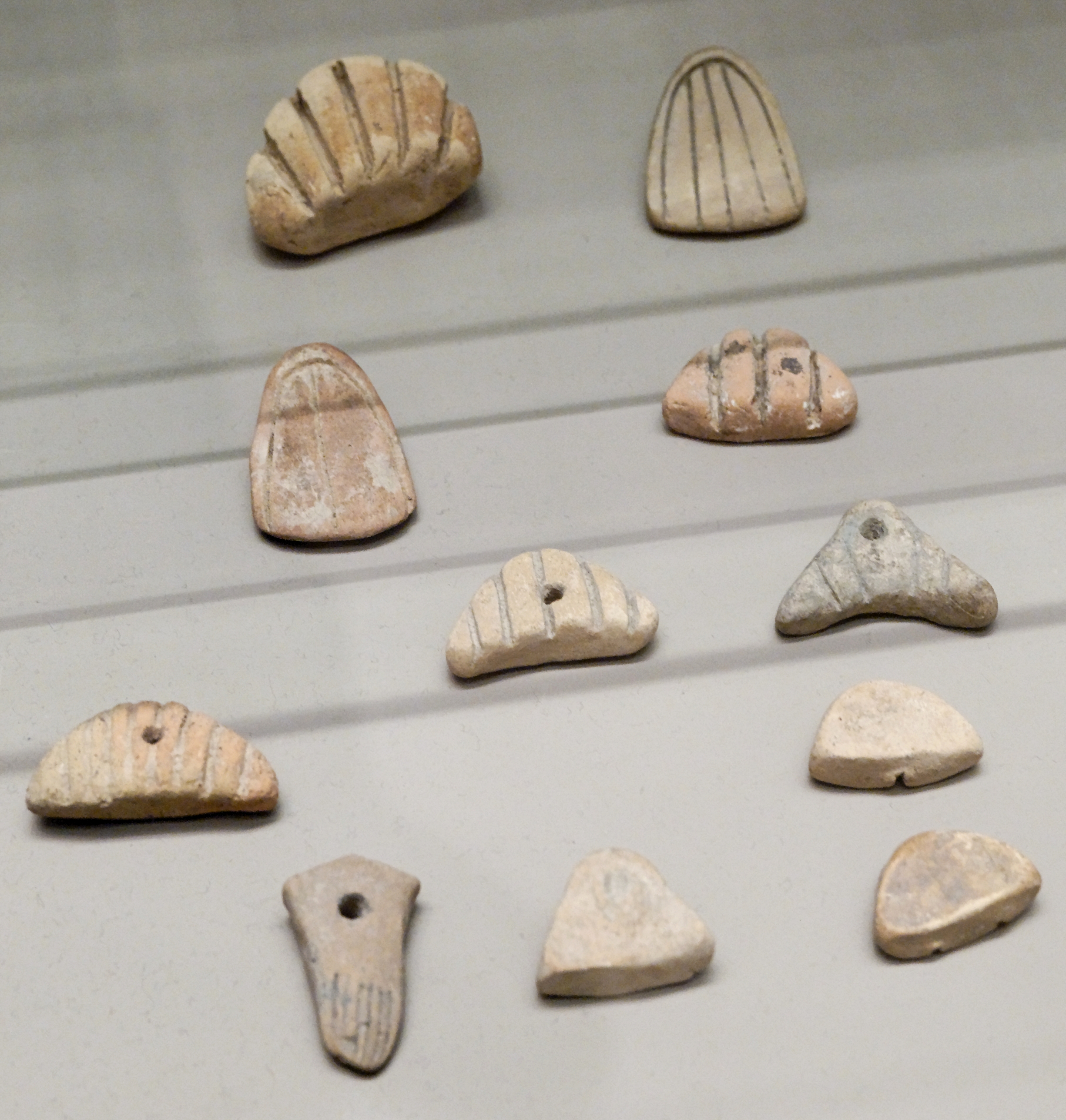
Tepe Sofalin
Ancient mound with Proto-Elamite artifacts